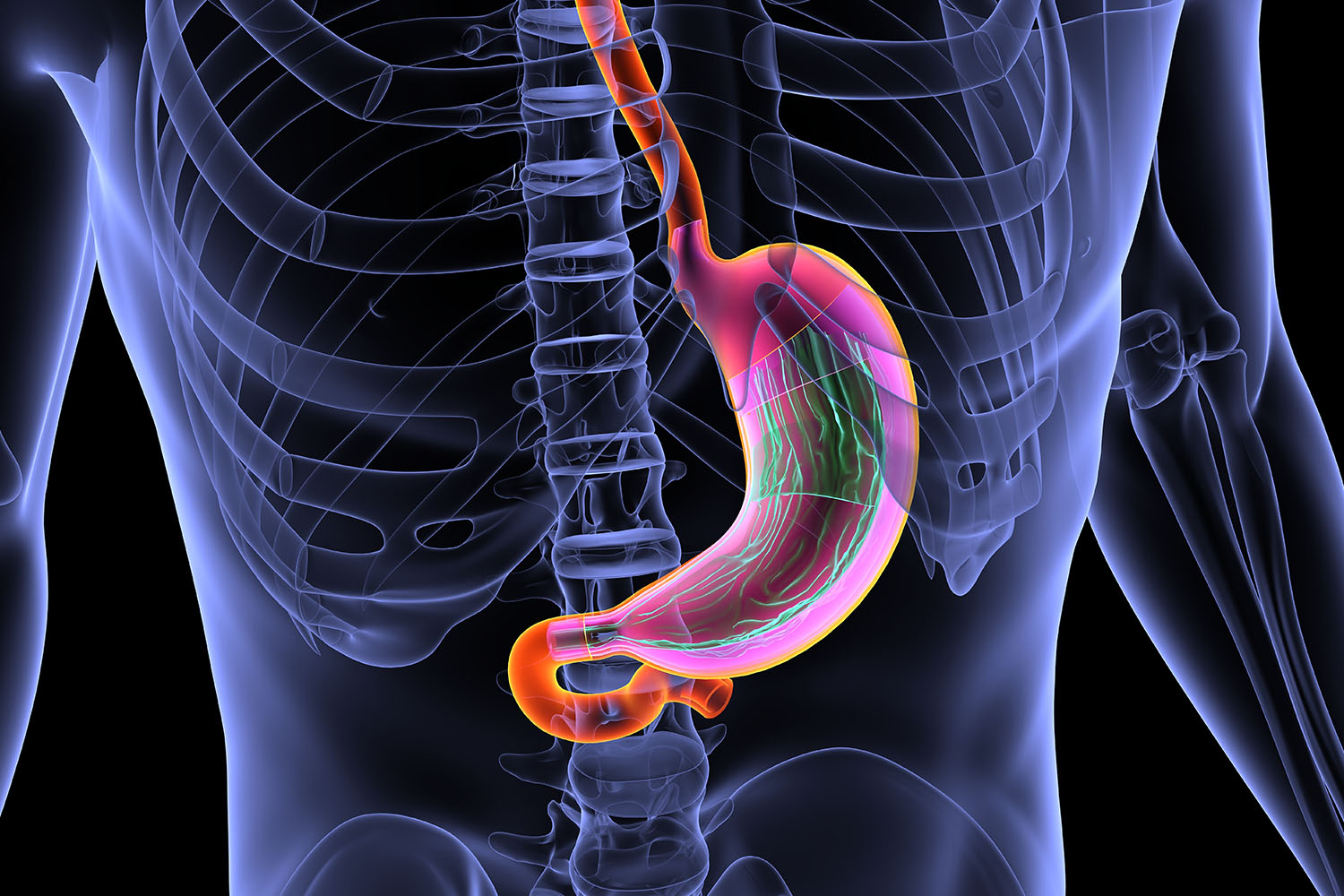Overview
The human digestive system is a complex network designed to break down food into essential nutrients. Among its many parts, the antrum of the stomach plays a pivotal role, yet it often receives less attention than it deserves. This blog delves into the antrum of the stomach, highlighting its structure, function, and significance in maintaining digestive health, supported by international research.
What is the Antrum of the Stomach?
The antrum, also known as the gastric antrum, is the lower portion of the stomach, situated just before the pyloric canal, which leads to the small intestine. Structurally, the antrum of the stomach is distinguished by its thick muscular walls and its rich lining of mucosal cells. This part of the stomach is integral to the digestive process, performing both mechanical and chemical digestion tasks.
Functions of the Antrum of the Stomach
- Mechanical Digestion: The antrum’s robust muscular walls contract rhythmically to churn and grind food particles. This mechanical action, known as peristalsis, breaks down food into smaller, more manageable pieces, mixing it with gastric juices to form a semi-liquid substance called chyme.
- Chemical Digestion: The antrum of the stomach is rich in glands that secrete digestive enzymes and hydrochloric acid. These secretions aid in the breakdown of proteins and other macronutrients, facilitating their absorption in the intestines.
- Regulation of Gastric Emptying: The antrum acts as a gatekeeper, regulating the passage of chyme into the small intestine. This is crucial for ensuring that the digestive load is manageable for the intestines, optimizing nutrient absorption and preventing overloading.
The Antrum’s Role in Health and Disease
Research underscores the significance of the antrum of the stomach in both health and disease. A well-functioning antrum is essential for efficient digestion and nutrient absorption. Conversely, disorders of the antrum can lead to various gastrointestinal issues.
Gastritis and Ulcers
One common condition affecting the antrum is gastritis, an inflammation of the stomach lining. Chronic gastritis can lead to the development of ulcers in the antrum. A study published in the World Journal of Gastroenterology highlights that Helicobacter pylori infection is a major cause of antral gastritis and ulcers, emphasizing the need for early diagnosis and treatment to prevent complications .
Gastric Cancer
The antrum is also a site where gastric cancer can develop. According to research from the International Journal of Cancer, the incidence of gastric cancer in the antrum has been linked to dietary factors, genetic predispositions, and chronic infections like H. pylori . Regular screenings and a healthy diet are recommended to mitigate these risks.
Functional Dyspepsia
Functional dyspepsia, characterized by discomfort and pain in the upper abdomen, is another condition associated with the antrum. Studies have shown that abnormalities in antral motility and hypersensitivity to gastric distension are common in patients with this disorder .
International Research and Advances
Ongoing research continues to shed light on the antrum’s functions and its role in disease. For instance, advancements in endoscopic techniques have improved the diagnosis and treatment of antral disorders. The Journal of Gastroenterology reports that high-resolution endoscopy and endoscopic ultrasound are now standard practices for assessing antral health .
Moreover, innovative therapies targeting H. pylori infection have shown promise. A global study published in the Lancet highlights the effectiveness of combination antibiotic therapies in eradicating H. pylori, significantly reducing the incidence of antral ulcers and gastric cancer .
The antrum of the stomach, though often overlooked, is a vital component of the digestive system. Its role in mechanical and chemical digestion, regulation of gastric emptying, and its involvement in various gastrointestinal diseases underscore its importance. Ongoing international research continues to enhance our understanding of the antrum, paving the way for improved diagnostic and therapeutic strategies.
By paying closer attention to the health of the antrum, individuals can better manage their digestive health, prevent serious conditions, and maintain overall well-being. As we continue to explore the complexities of the digestive system, the antrum of the stomach remains a key area of interest for researchers and healthcare professionals worldwide.




